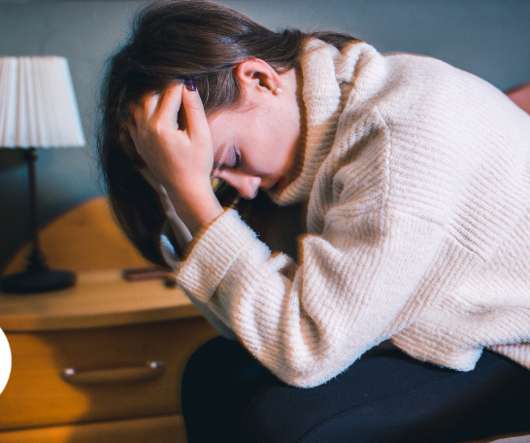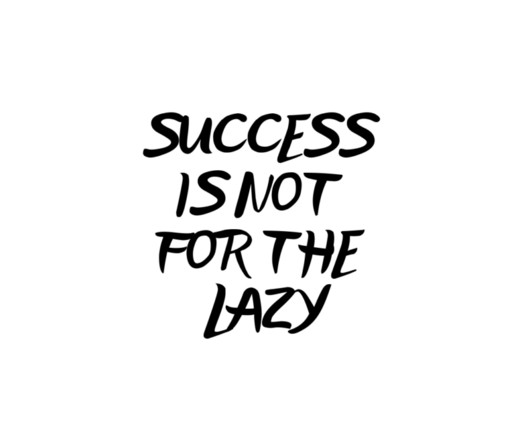Am I Depressed? Depression Symptoms, Causes, Therapy
Stop Abuse Campaign
MAY 26, 2022
According to the World Health Organization (WHO), “depression is a common illness worldwide, with an estimated 3.8% If you struggle with depression, you are not alone, and rest assured that tremendous progress in understanding, diagnosing, and treating this crippling illness is ongoing. What is depression? There’s help. .












Let's personalize your content